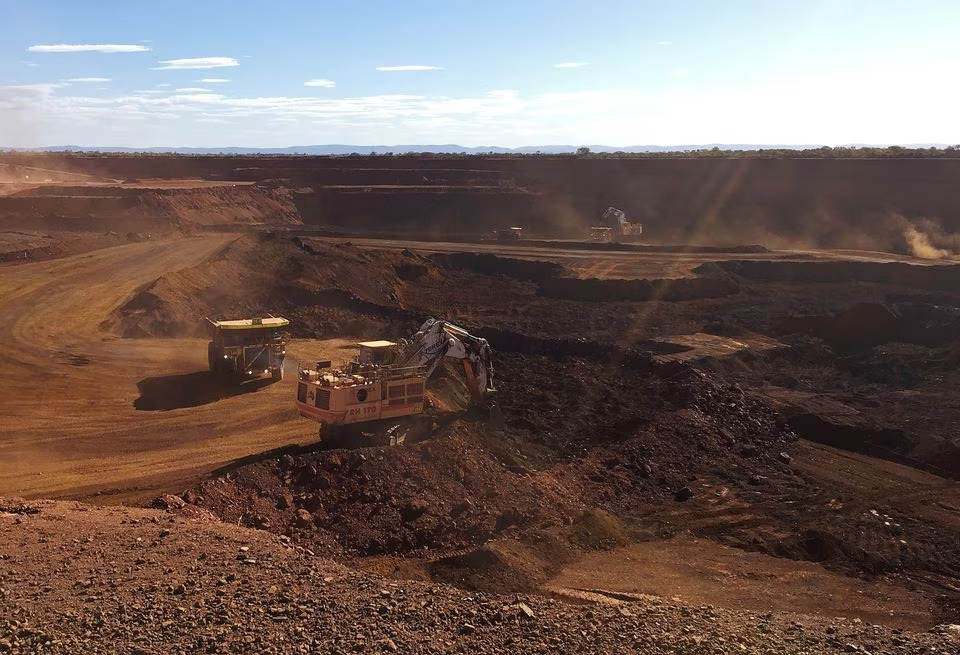MELBOURNE, June 20 (Reuters) – Australia, one of the world’s biggest suppliers of raw minerals, unfurled a landmark strategy on Tuesday outlining how it will work with investors and international partners to build a critical minerals processing industry.
The Labor government strategy aims to see Australia as a significant producer by 2030 of the raw and processed critical minerals that are key to global energy transition, moving it along the path to becoming a renewable superpower.
The world’s biggest lithium producer and a major supplier of rare earths and other metals already has 81 critical minerals projects under development worth as much as A$42 billion ($29 billion), according to government figures.
Tesla (TSLA.O), General Motors (GM.N) and Stellantis (STLAM.MI) have all secured Australian supply in the past few years as global competition for battery minerals heats up.
But Australian developers of mines and processing plants are still struggling to secure finance given huge costs, and concern from corporate lenders over risks around commodity prices, new technologies and industries without a track record.
“The Strategy makes it clear our natural minerals endowment provides a foot in the door, but we must do more to create Australian jobs and capitalise on this unique opportunity,” Resources Minister Madeleine King said in a statement.
The government will award another A$500 million to resources projects via the Northern Australia Infrastructure fund, adding to a pot of A$2.3 billion already allocated. Those funds are in addition to A$1 billion announced for value-added resource projects and A$3 billion for renewables and low-emissions technologies as part of its national reconstruction fund.
The new allotment disappointed some developers when compared with incentives doled out by the United States, Canada and the European Union.
End-users who want to secure a sustainable, ethical source of supply should step into fill the funding gap, Resources Minister King told Reuters later in an interview.
The government will set up a new international program to attract investment linked to markets in the United States, the United Kingdom, Japan, Korea, India and the European Union.
It will also push to address a domestic skills shortage in mining, automotive and manufacturing sectors, and encourage investment in the discovery of more critical minerals since 80% of the country is under explored.
The Association of Mining and Exploration Companies (AMEC) welcomed the strategy document but said more needed to be done to speed up project approvals.
“We need more efficient and effective regulatory approvals processes to enable mineral exploration and mining projects to be developed in a time-efficient and cost-effective manner,” said Chief Executive Warren Pearce.
King told Reuters the government was working with state counterparts to streamline permitting and environmental approval processes but that high standards must be maintained because an environmental social governance (ESG) compliant supply chain was a strategic advantage.
AMEC would also like to see other important minerals such as nickel and copper added to Australia’s critical minerals list, as they also provide prospects for decarbonisation.
As Australian builds up sovereign capability for key technologies, the government said it will also monitor foreign investment in critical minerals projects to ensure it is not counter to national interest.
This comes as international companies secure ownership and supply of Australian minerals, particularly lithium and rare earth elements, raising the risk that in future domestic processors and manufacturers may struggle to access supplies of locally mined minerals.
